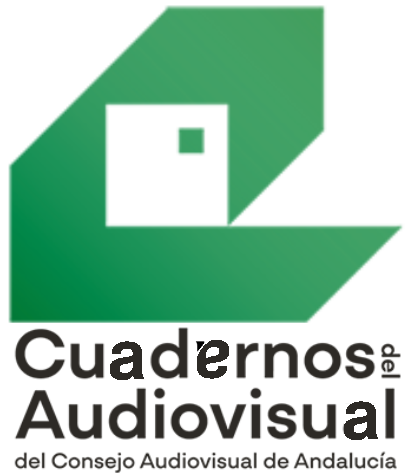TRIC and Social Transformation: Keys to Critical Citizenship Through Media Education
TRIC and Social Transformation: Keys to Critical Citizenship Through Media Education
DOI:
https://doi.org/10.62269/cavcaa.47Keywords:
Alfabetización mediática; desinformación; pensamiento crítico; factor relacional; TRIC; transformación socialAbstract
This review analyzes the teaching guide "Media Literacy from the TRIC Model" and the book "Postdigital Dialogues: TRIC as Tools for Social Transformation" by Carmen Marta-Lazo and José Antonio Gabelas-Barroso. Both works focus on Relationship, Information, and Communication Technologies (TRIC) to address their educational and social impact. The teaching guide presents practical strategies for implementing media literacy in classrooms, while the book develops a profound theoretical reflection on the transformative potential of TRIC. Both texts highlight the importance of critical thinking, combating misinformation, and promoting a responsible digital ecosystem from the perspective of digital humanism. This analysis concludes that these proposals are not only complementary but also essential for fostering critical and active digital citizenship in both society and the classroom.Downloads
References
Marta-Lazo, C., y Gabelas-Barroso, J. A. (2023). Diálogos Posdigitales: Las TRIC como medios para la transformación social. Editorial Gedisa.
Gabelas-Barroso, J. A., Marta-Lazo, C., Conde-Casado, M., Nogales Bocio, A. I., Morte Nadal, T., y Osuna-Acedo, S. (2024). Alfabetización Mediática desde el modelo TRIC. Unidad Didáctica. Universidad de Zaragoza.














